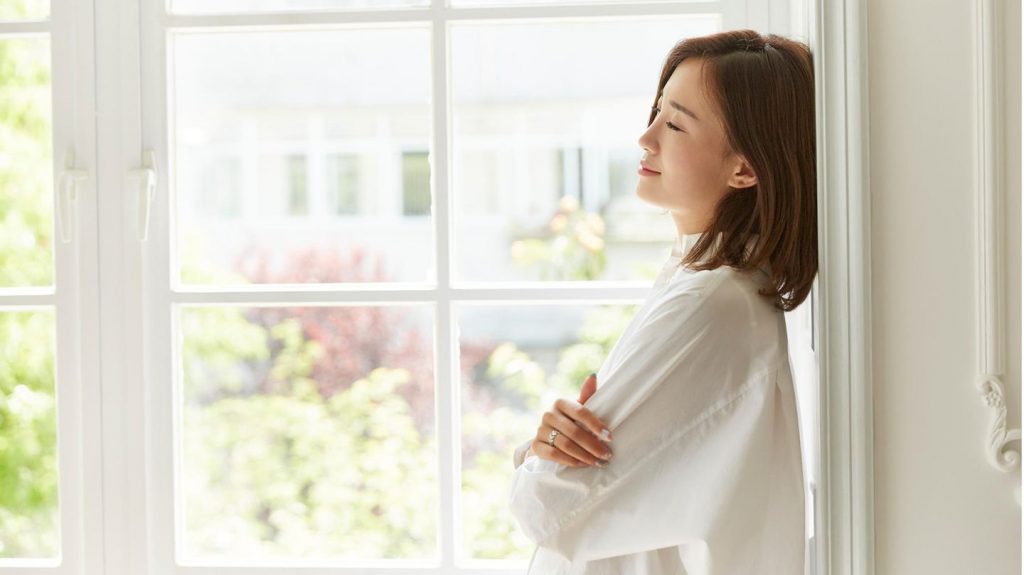psychology
Does a simple life make you happier?

© imtmphoto / Shutterstock
Those who live minimalism usually look for an alternative to consumer and performance community. And according to studies, simple people are actually more satisfied than others on the inside.
In our turbulent and fast-moving times, many people yearn for a different, easier life. So it’s no surprise that minimalism has become a big movement in recent years. It’s all about reducing the basics, to the things you really need. And about consciously opposing the “higher, faster and farthest”, which is considered the unwritten principle of modern society.
Simplified life is the clear antithesis of consumer-oriented capitalism in the twenty-first century. Many people ask themselves – and the world – the question: Do we really need more and more? Should consumption and abundance be continuous? Or can we consider returning to a simpler but fulfilling life?
Studies confirm: simplicity makes you happier
Several researchers have already investigated these questions. Now the Journal of Positive Psychology has one A meta-analysis of 23 studies on simplicity and luxury chest. And Joshua Hook’s team at the University of North Texas confirms that a simple life makes you happier. More than 80 percent of studies have been able to demonstrate a positive relationship between a simple, mindful life and better well-being. This has been confirmed by quantitative studies as well as those with qualitative assessment, such as interviews.
Researchers attribute this association primarily to the fact that lower ones are better able to control cravings for their consumption than others. Instead, they deal more with their psychological needs, particularly those that contribute to personal development, such as topics such as independence and competence.
However, a minimal life does not necessarily make people with higher incomes happier
However, another result of the meta-analysis is that this clear relationship between minimalism and life satisfaction is especially evident in people with modest financial resources. On the contrary, people with more money are not necessarily happier with a simple life.
This may be related to the fact that these people get accustomed to a certain standard of living more quickly due to their higher income and the means available to them. That is why it is difficult for them to be satisfied with less consumption and less growth.
Less is more – the easy way to happiness?
“I think this research goes against the general trend in our society of wanting more and more,” said Joshua Hooke. “It is one of the greatest lies of our time that we just need more money, more material possessions and more in general to be happy. Instead, we should look for other ways to increase our satisfaction – and living easier can be something worth trying.”
There are many forms and degrees of simplification. For some, living in a simple woodland hut in the style of Henry David Thoreau may be the only true path to happiness. For others, the maximum number of things they own can only be 100. But maybe it’s enough to stop every once in a while and ask yourself what you really need.
It can affect a variety of life decisions – such as a bigger apartment, a new car, or another handbag. Before doing this, we must ensure that our individual needs are behind the purchase or change. Because all too often it is the pressure of our society, pared back for performance and growth, that leads us to believe that we need more, more, and more. If we can be more careful about consumption, it not only protects the planet but can also make us happier and happier in the long run.
Sources used: Journal of Positive Psychology, Psychology Today








More Stories
Exploding Fireball: Find the meteorite fragments
Neuralink's competitor lets blind people see again with an implant
A huge meteorite has hit Earth – four times the size of Mount Everest